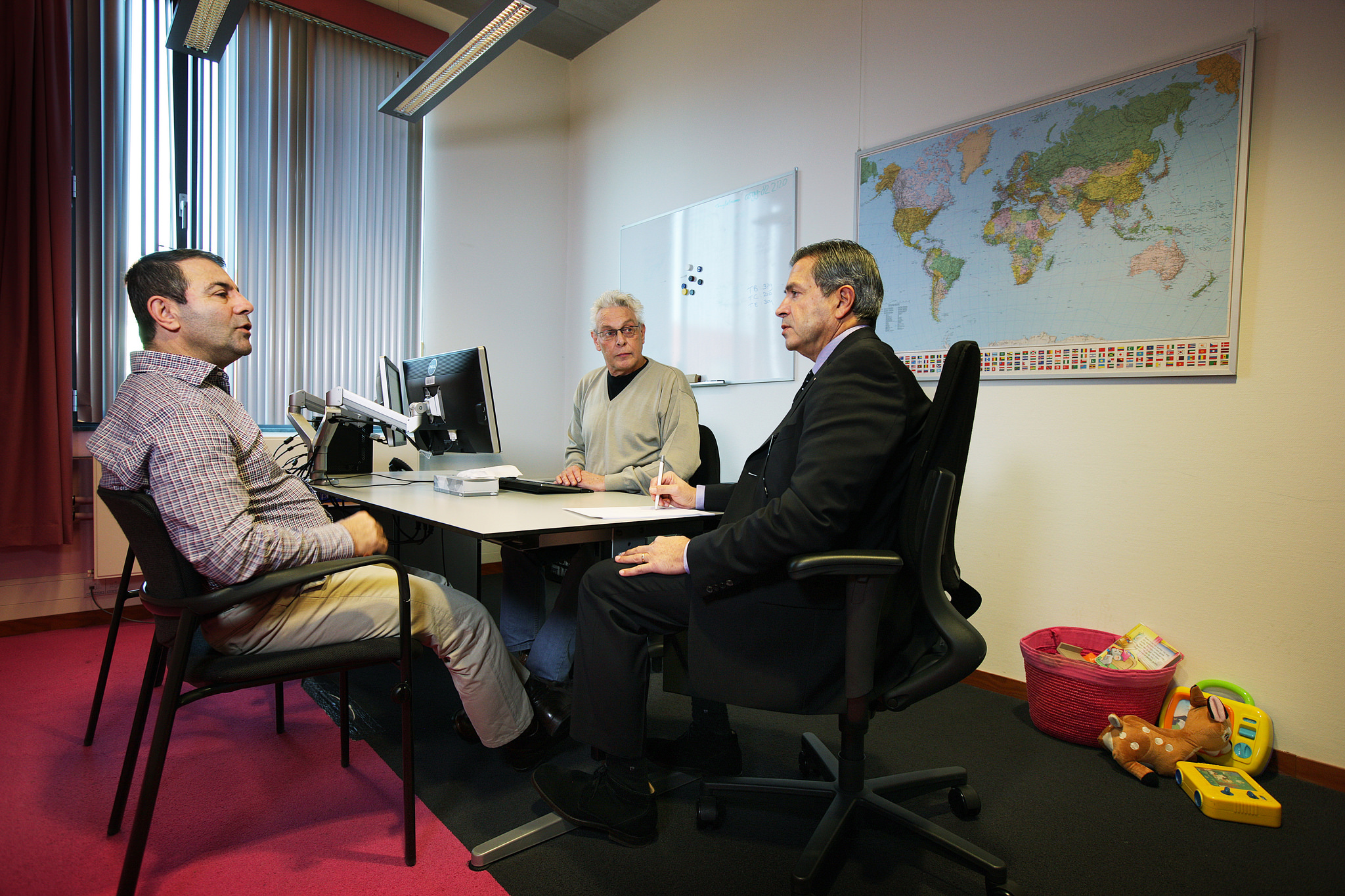Latest blog articles
-
How does EU consumer laws address dark patterns on the Internet? This topic has been part of the scholarly debate during the panel discussion “The AI-assisted consumer”, organized on 6 December 2022 in collaboration with Glaw-Net and IGIR.
-
The widespread use of AI-assisted technologies in the digital sphere has given rise to the concept of digital vulnerability, as a contextual vulnerability experienced by internet users. This phenomenon sparks debate about whether the current legislative framework is sufficient to ensure effective...
-
Reflecting on the M-EPLI Interns' Thesis Workshop: Can institutions benefit from reassessing their priorities in terms of what they incentivize and analyzing why these types of events offering an opportunity for students to write and get substantive feedback so rare?
-
SMECC stands for School, Minimum standard, Education, Child-friendly policy and care-Continuum. Imagine SMECC as a flat drawing of a house. The regulatory backstop is the minimum standard in family litigation for competent parenthood – far on the horizon, however, a necessary fundament of human...
-
Asylum seekers usually do not cross borders with a bag of documents. They have lost their personal belongings or have been confiscated by smugglers. Oral statements are therefore the only proof of origin. (Dutch only)
-
To counter misuse of student visas the Saxion University of Applied Sciences applies a so called ‘quota system’ for students from ‘risk countries’. The question is whether a quota is an appropriate instrument and if it is not in conflict with (European) law. This blog is only available in Dutch.





